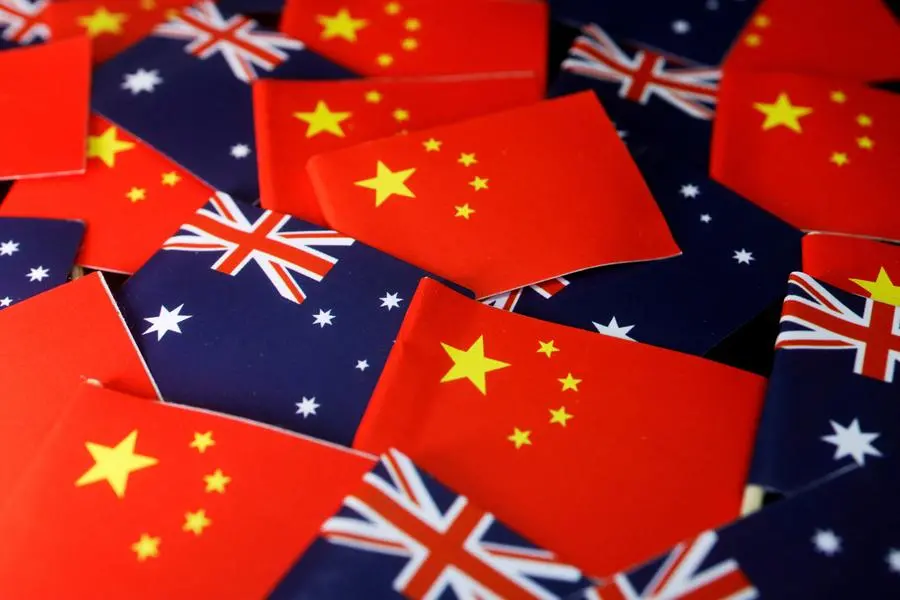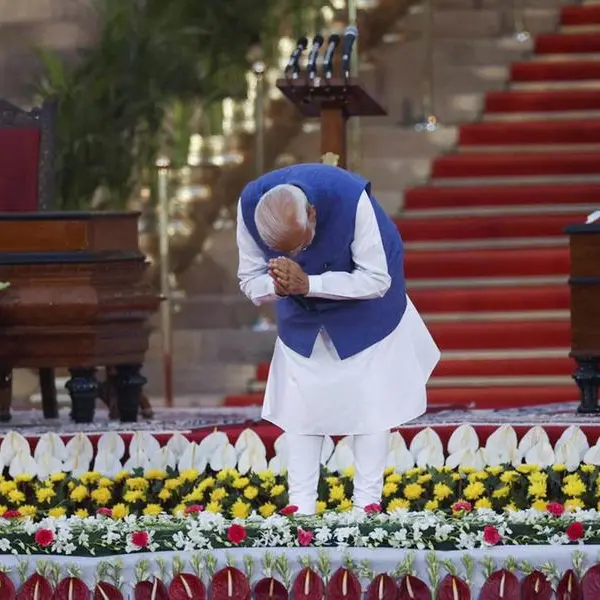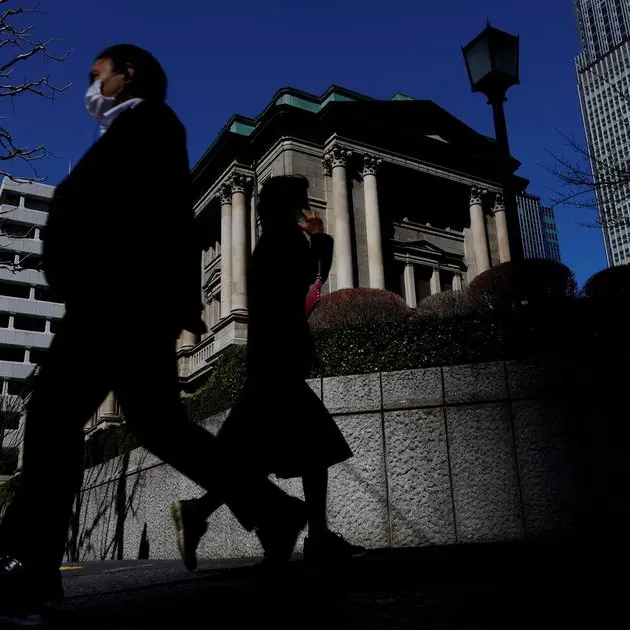PHOTO
SYDNEY/BEIJING - Australia scored a significant win for influence in the Pacific Islands region with a trump card that China, seeking to expand security ties, doesn't have: the opportunity of resettlement.
Under a security guarantee to the remote atoll nation of Tuvalu, which is threatened by rising sea levels, Australia will offer permanent residency to 280 Tuvalu citizens each year.
The treaty, signed on Friday by Prime Minister Anthony Albanese and his counterpart Kausea Natano, could transform Australia's relationship with the Pacific, analysts say.
"It is something China can't do," said Australian National University Pacific expert Graeme Smith.
The treaty was announced after parliament recently passed legislation for a wider scheme offering permanent settlement for 3,000 Pacific Islanders annually in a ballot from next year.
Defence Minister Richard Marles called the treaty with Tuvalu a "watershed in our relationship with the Pacific", representing a "much greater commitment for Australia to be providing more of Tuvalu's defence".
The sequencing of Albanese's whirlwind of diplomatic visits - Washington, Beijing a week later, and then directly to a Pacific Islands leaders meeting in Rarotonga, sent "clear signals to everyone involved", said Peter Dean, director of foreign policy and defence at the United States Studies Centre in Sydney.
"The number one strategic objective of Australian governments since federation in this region has been to ensure another great power whose interests are not aligned to its own doesn't get a foothold in the region," he said.
"China can turn up and offer more infrastructure money... they can't turn up and offer this kind of resettlement relationship. It serves as a model for the region."
Despite the improved diplomatic tone between Australia and China after Albanese's tour last week, the first in seven years by an Australian leader, security tensions remain as Beijing expands its role in the Pacific Islands.
Australia has sent 450 police and military officers to Solomon Islands, which signed a security pact with China last year, to provide security for the Pacific Games which open on Sunday, joining regional forces from Fiji and Papua New Guinea, to ensure there is no gap for Chinese police to fill.
Australia also will be able to block any policing deal between China and Tuvalu - as well as any telecommunications, energy or port deal - under its treaty.
State-owned China Civil Engineering Construction Corporation (CCECC) had built Tuvalu's harbour in 2019, to the concern of diplomatic ally Taiwan which lost Solomon Islands and Kiribati to Beijing's overtures in the same year.
"The game is not going to pause because Australia and China relations are a bit warmer, or even if China-U.S. competition somehow diminishes a bit," said Smith.
Wang Yiwei, an international relations professor at the Renmin University in Beijing, said rivalry between China and the United States in the Pacific Islands, with each seeking to block the other, had heightened Australia's sensitivity to every Chinese move.
The "strategic game" between China and the U.S. was now on Australia's doorstep, he said.
"Cooperation in the Pacific region tends to focus on non-traditional security, including maintenance of public security and infrastructure to deal with climate change," he added.
"These should not be considered too security-related, but the United States is still relatively sensitive, and Australia is also more sensitive."
(Reporting by Kirsty Needham in Sydney and Martin Pollard in Beijing; Editing by Miral Fahmy)





















